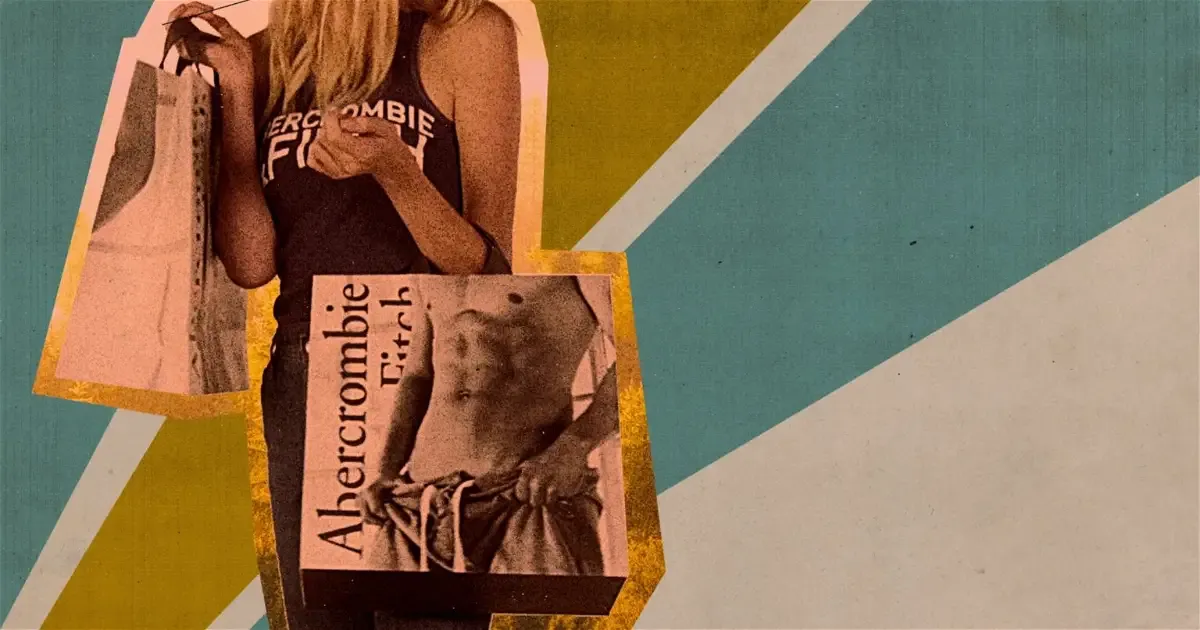
Abercrombie & Fitch. The name of the notorious fashion company alone might evoke a particular set of memories for those coming of age during the nineties and early 2000s. Perhaps those memories might be trapped somewhere in middle or high school when brands like Abercrombie & Fitch and Aeropostale reigned supreme in the world of teen fashion culture. Or those memories are of the particular musky brand of scent associated with entering the store’s domain inside a mall. When American malls were once bustling and alive with shoppers looking for the season’s hottest fashion, Abercrombie stood out with its shuttered windows, dark interiors, and the endless posters of half-naked male models.
MOVIEWEB VIDEO OF THE DAY
It is no secret why Abercrombie & Fitch is no longer a titan of American teen culture. While Vogue has chosen “In America: An Anthology of Fashion” as their 2022 Met Gala theme, Americana as an aesthetic has declined in a world of rapidly shifting trends. Classic Americana brands like Ralph Lauren, Calvin Klein, and Tommy Hilfiger sought to make WASP culture sexy and a global commodity, but in the past decade, they have found their sales failing to meet quotas—especially when compared to other international premium brands. Abercrombie & Fitch was a bridge to the elite worlds of luxury and premium fashion, offering youths with disposable income the opportunity to look like old money Americana.
Documenting the Decline of Abercrombie & Fitch
Netflix
White Hot: The Rise & Fall of Abercrombie & Fitch seeks to hash out the information that is already public knowledge inside a brief eighty-eight minutes. Every empire must eventually fall, and that is what happened with Abercrombie & Fitch. The brand was founded over a century before the events of the documentary, in 1892. A&F originally was a brand selling outdoor apparel for the wealthy, and many of America’s prominent people—including Ernest Hemingway and Theodore Roosevelt—bought gear for their adventures from the retailer. Abercrombie, as we know it today, came into existence in 1988.
Filmmaker Alison Klayman is the mastermind behind White Hot. Her previous work includes the documentaries Jagged, featuring singer Alanis Morissette, and Ai Weiwei: Never Sorry, which won her a Jury Prize at Sundance Film Festival. At the beginning of this documentary, viewers meet the former employees who helped create all the magic happen. It seems all fun and games when they laugh about how the store smelled or recite their sales pitch to try and recruit models. As one journalist puts it in the first arc, “[Abercrombie & Fitch] have crystallized everything that I hate about high school and put it in a store.”
Inside its structure, the White Hot is reminiscent of the images a teenager would cut out from a magazine and tape on their wall and locker. Its interviewees mention that they once did this when they were teenagers, so it seems plausible as to why they chose to do this. At times, though, it seems forced, excessive use of nostalgia factor to try and recreate an era that its subjects—and potentially its viewers—know very well. It turns the documentary itself into a time capsule, especially as it jumps to nineties music and movie clips from early 2000s movies.
Related: Best Fashion Designer Biopics, Ranked
Exposing Racist and Discriminatory Practices
Netflix
The setup of the documentary is via interviews; many of the individuals interviewed during the documentary had some connection. Some are models, while others are what the store dubbed to be models. These were instead the salespeople at the stores. Others, however, play a particular role in the downfall of one of America’s most beloved and hated retailers. It is the distinct testimonies of their experience at the company that offers a glimpse outside the world created by the former upper-level corporate employees.
A sinister fact reiterated throughout the run time is that employees were hired solely based on their looks, and if they did not fit a certain standard they were let go. This led to obvious discriminatory practices, as the standard here was what they defined as an “American” look. They defined Americans as white. Other practices, seemingly standard in the modeling industry, seem almost predatory, particularly the use of scouts and actions taken by the photographer and CEO of the company.
In one story, a Muslim girl from Tulsa, Oklahoma was only seventeen when she was denied a job at the retailer because she wore a black hijab. The case would go all the way up to the Supreme Court, which ruled in favor of the teenager 8-1. It was determined Abercrombie & Fitch violated the Civil Rights Act of 1964, thus setting a precedent for retailer hiring practices. Other stories bring in Asian-American and Black former employees who ultimately ended up suing the company because of what they experienced working as salespeople.
And perhaps that is the most interesting part of the documentary, and not the subject itself: the former corporate employees of A&F do not admit anything wrong during their time at the company. Each corporate employee is white, except for the Diversity officer, Todd Corley, brought in. Corley then openly declines to discuss a key argument raised against the CEO of the company. While the documentary establishes him as the sacrificial lamb for the company’s overarching goals of not wanting diversity or inclusion.
Corley’s account offers one of the most interesting pieces to this puzzle, as well as the journalists. They provide the critical context and clues to begin the process of attempting to understand why what happened was able to occur. A journalist laid the groundwork that led to Jeffries’ fall from grace years after the original interview was published. An activist came upon the interview, saw how Jeffries’ comments could be considered offensive, and then went on the offensive to try and raise awareness about what Abercrombie & Fitch represented.
A&F then turned into one of the most hated companies around due to the work of social media platforms and activism, something that seems more commonplace today. But in the early 2010s, this form of social media activism was new and exciting, laying the groundwork for something larger to come. The only form of physical protest mentioned in the documentary was an Asian-American-led one. Asian-Americans rallied to protest the racist slogans on the A&F shirts, but this is then undermined by a clip inserted of a white news anchor. The anchor makes a joke about the protestors, reducing the situation entirely to a punchline for Americans.
Related: Bridgerton: 8 Best Fashion Moments from Season 2
But Why Did This Happen?
Netflix
From the documentary’s angle, it sets up Jeffries, the CEO of Abercrombie to be “just a weird guy.” Racism and fetishization seem to be the core of the issue, but outside of explaining what happened, why did it happen? The fashion industry is no stranger to call-outs for racist and discriminatory incidents. Ever since the Black Lives Matter protests in 2020, fashion companies vowed to do more about changing the industry and the way it works. But the fashion industry is inherently rooted in racism, making this a broader issue that goes beyond just Abercrombie & Fitch.
Another issue glossed over in the documentary is that A&F employees admitted that merchandise was burned if they did not want to sell it. The fashion industry is the second biggest polluter—the oil industry is the first—but burning clothes has become a common practice to prevent reducing prices. This, in turn, keeps the company’s image of prestige alive when their clothes retain their original sale price. While White Hot makes its case in the blatant racism and discrimination that the company engaged in, they have still only scraped the surface of a darker underbelly.
Abercrombie & Fitch is a symbol of American culture that often induces cringe when discussing it, which many may do when watching the documentary. What White Hot fails to do is connect it to the broader issues, instead choosing to focus on A&F to the point where it becomes a question of whether A&F is the only company engaging in these practices. And it is unfortunately not the only company.
It may have gained mainstream attention, but this story is not an outlier in this industry. The hints of a Weinstein connection are the only hints that something larger, more sinister, is at play here. White Hot is a good starting point for those looking to understand Abercrombie as a company, but it fails to deliver and interrogate a broader message. One can easily walk away feeling confident they know a bit more about former CEO Mike Jeffries or photographer Bruce Weber and the toxic culture they helped create at the company.
White Hot: The Rise & Fall of Abercrombie & Fitch is available to stream on Netflix as of April 19, 2022.
Christina Ricci Reveals That Filming on Netflix’s Wednesday Has Wrapped
Read Next
About The Author
Ashley Hajimirsadeghi
(83 Articles Published)
Writer, author, and aspiring critic. Find me @ashleynassarine.
More
From Ashley Hajimirsadeghi
You can view the original article HERE.

:quality(85):upscale()/2024/04/22/931/n/1922283/abb74e546626d4adbd7255.17882634_.jpg)

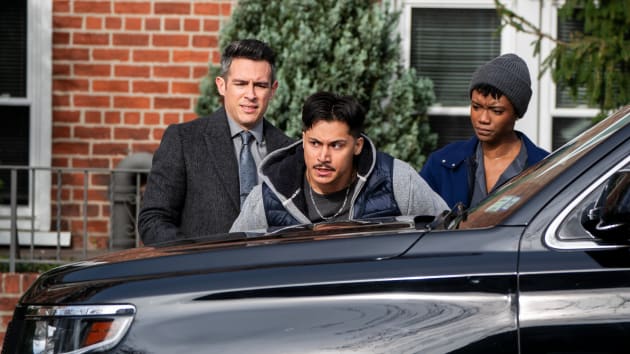

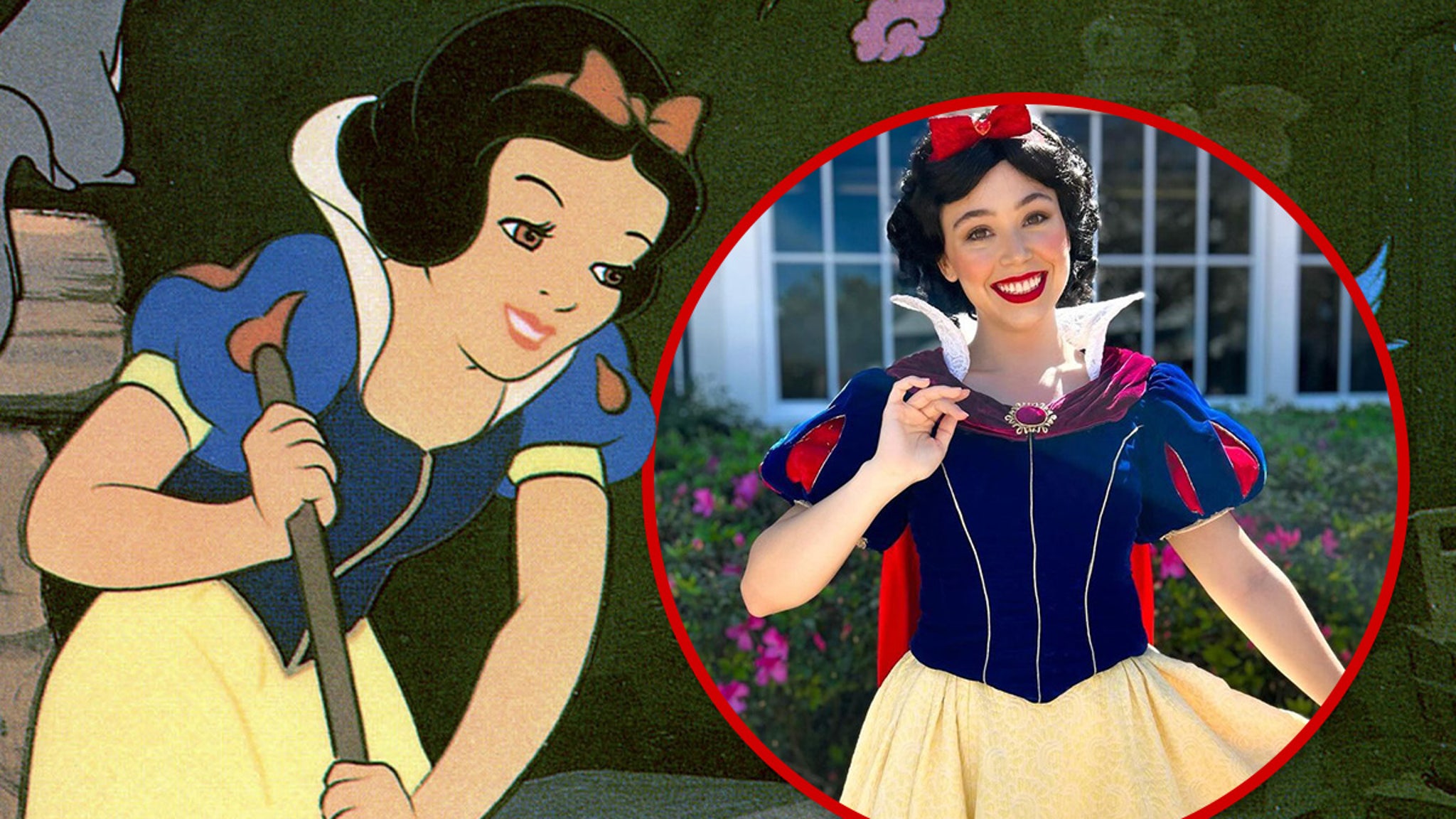



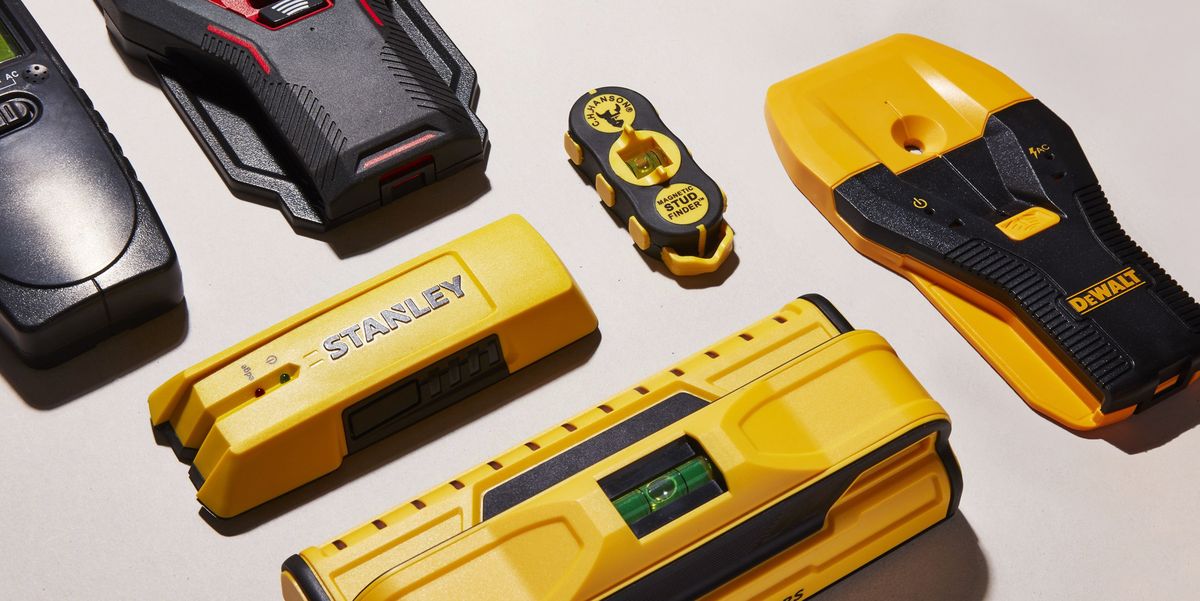
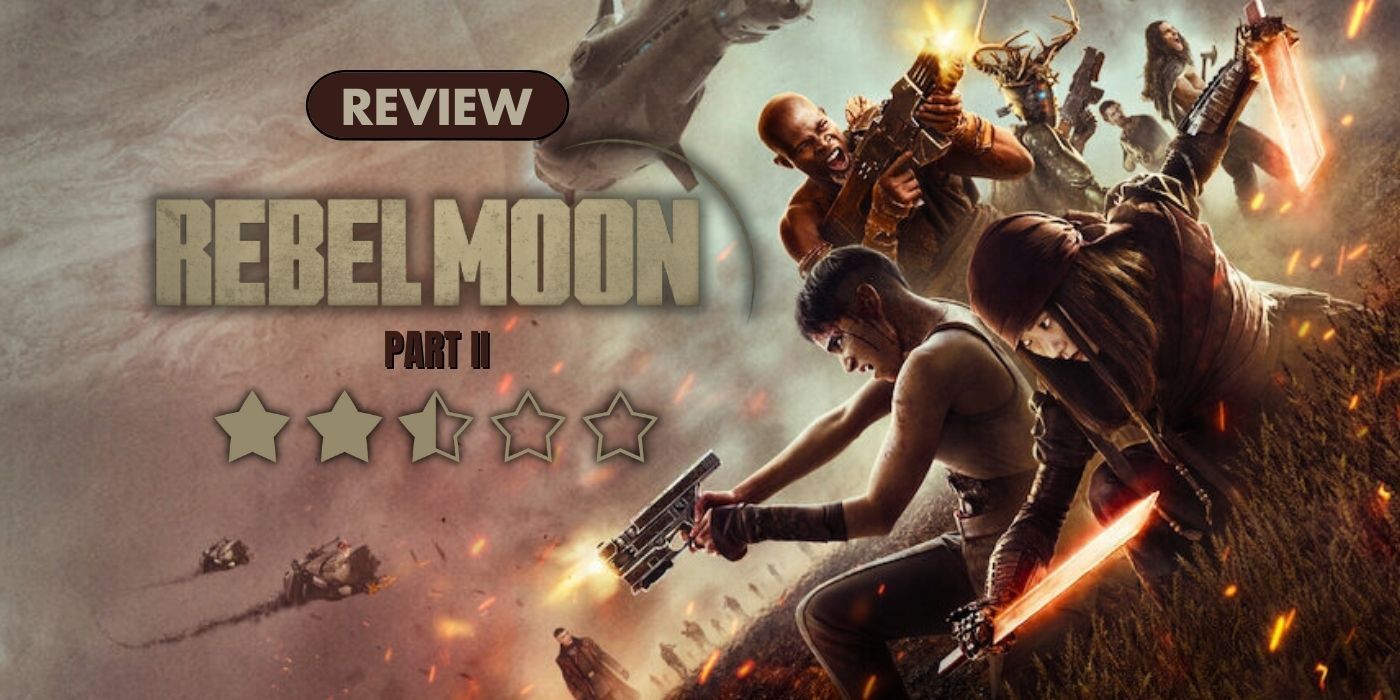
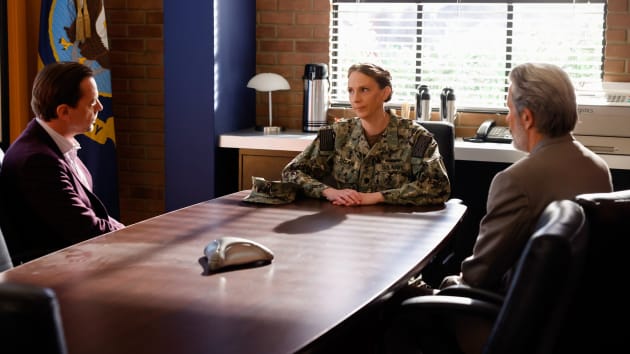

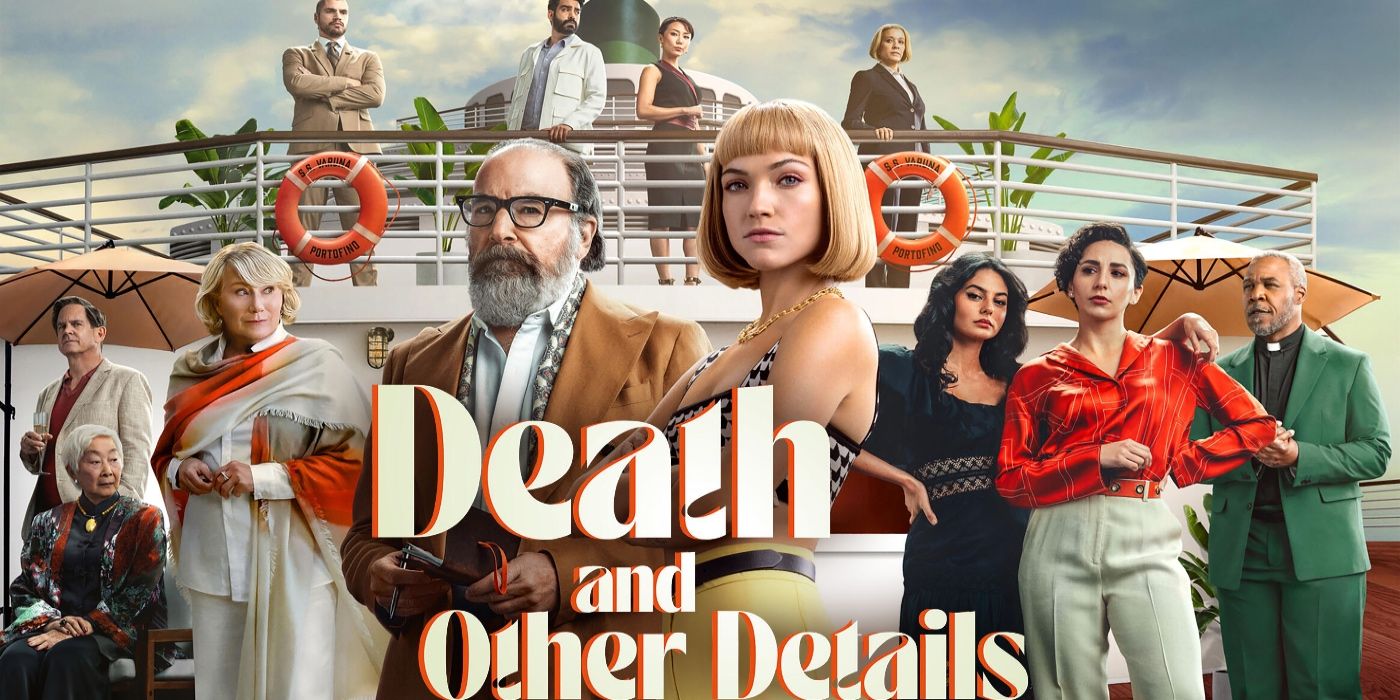

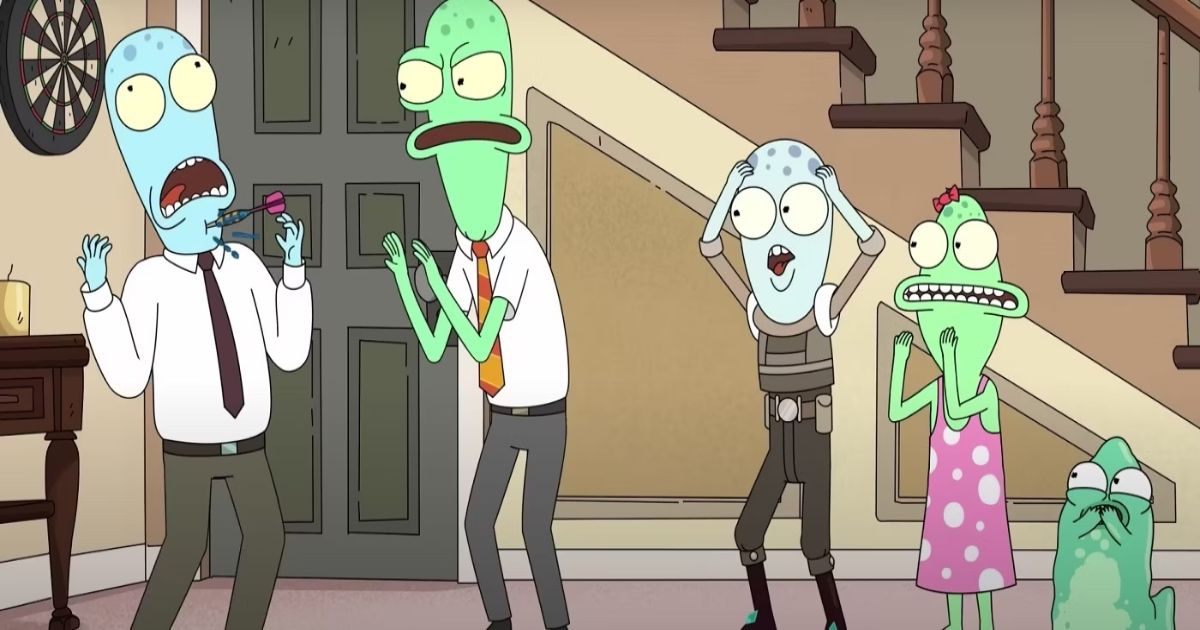



:quality(85):upscale()/2024/04/18/908/n/1922283/0cf3ac226621870c33bf10.81326158_.jpg)
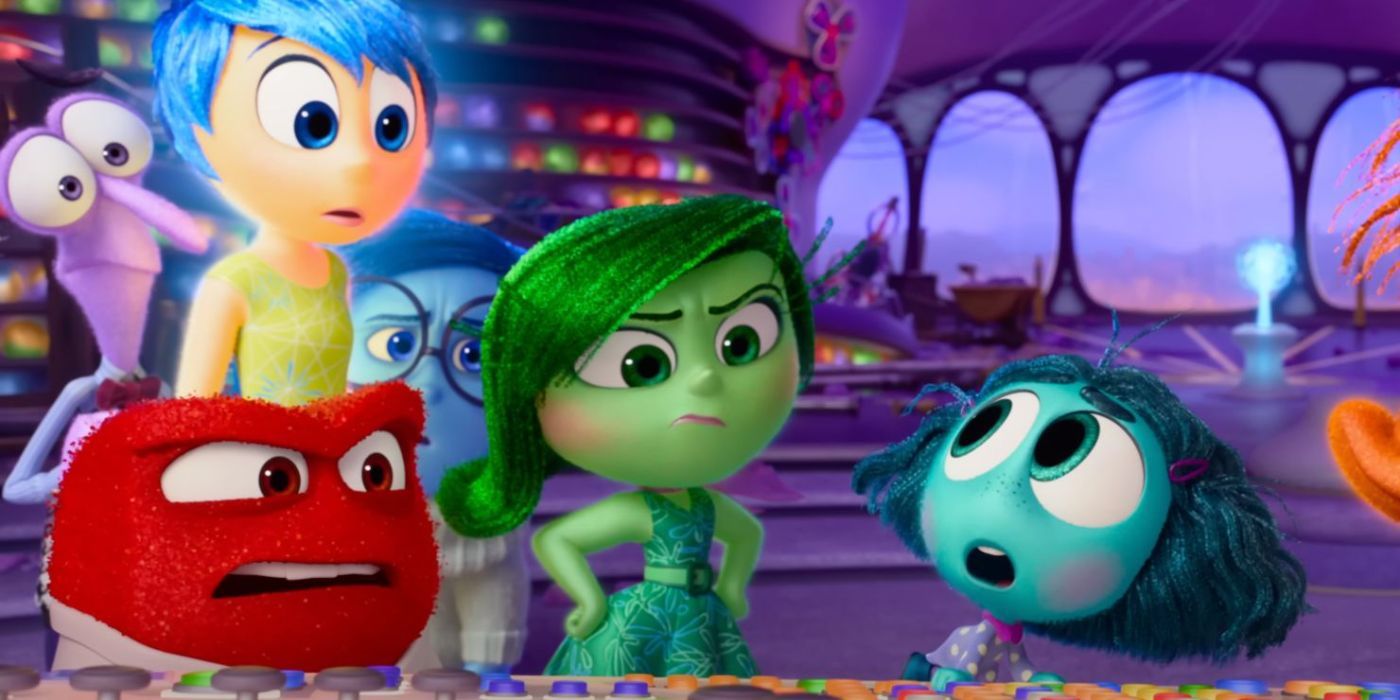

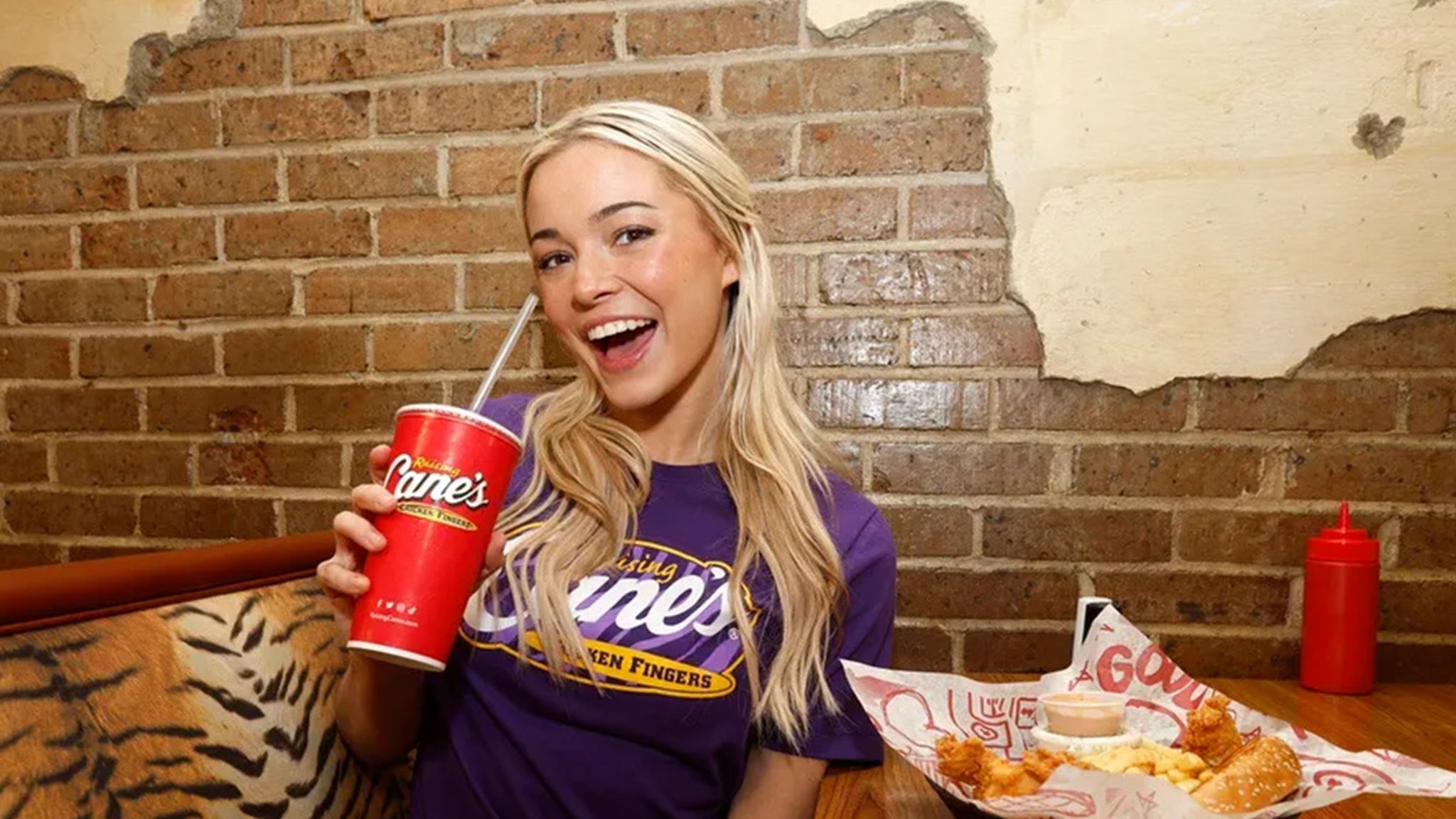
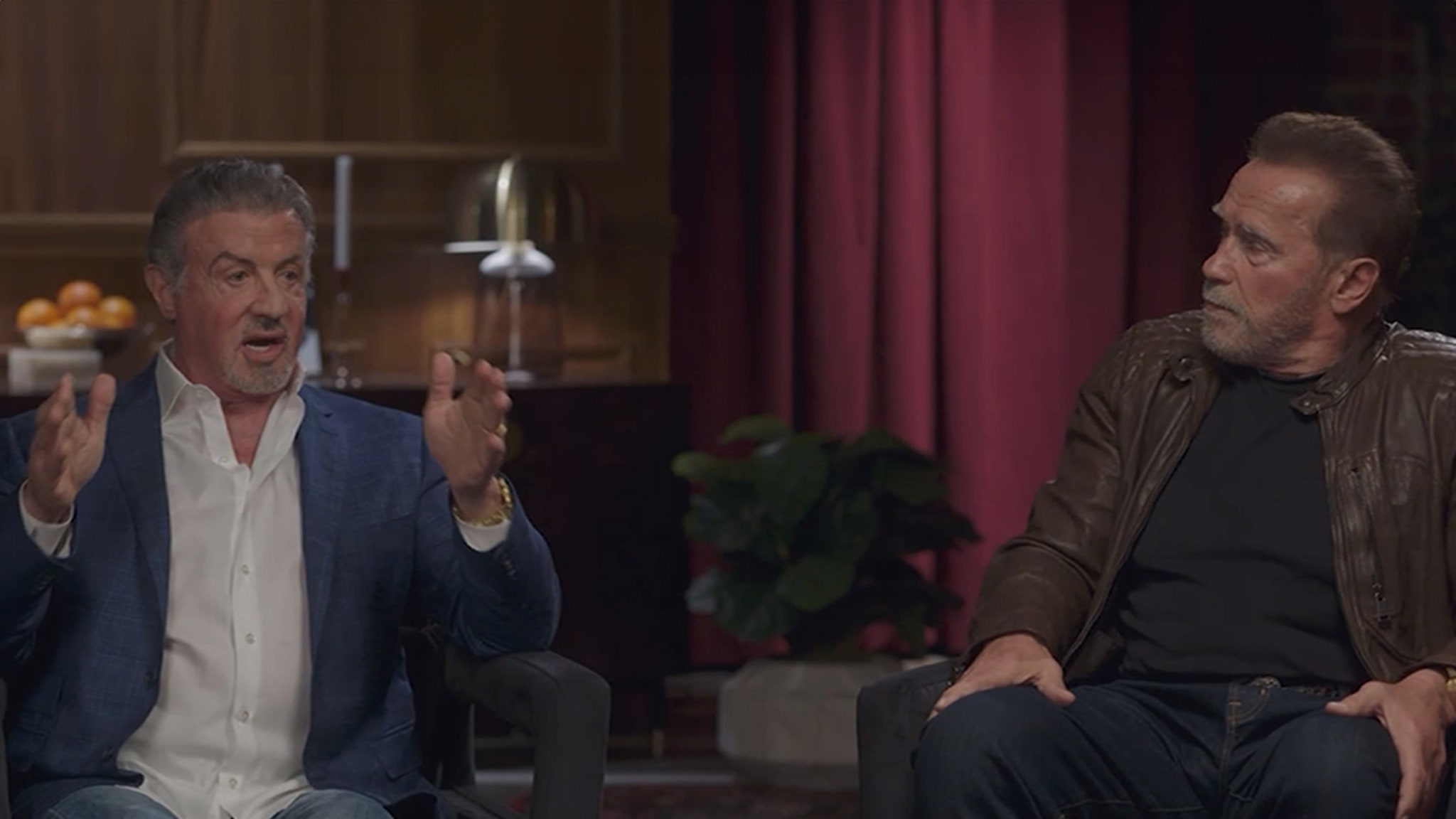


:quality(85):upscale()/2024/04/22/180/n/1922564/e053c58d662729043635a3.53124429_.jpg)

:quality(85):upscale()/2024/04/21/734/n/1922564/725659a7662540c434a026.79322351_.jpg)